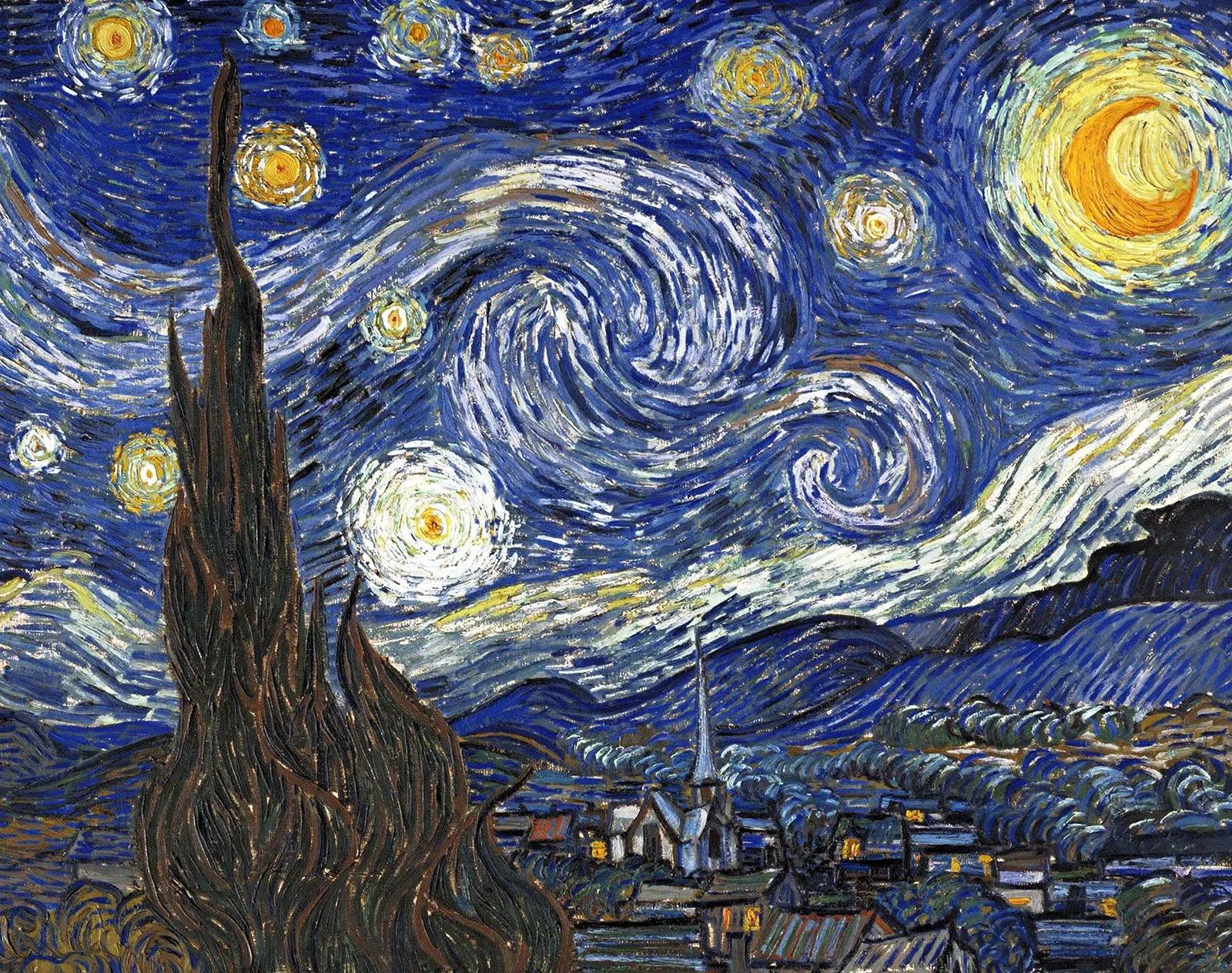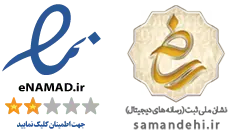The debate on whether great artists are born or made has raged on for centuries. While some believe that a unique vision and talent are innate, others argue that art can be learned with practice and dedication. Famous British artist Damien Hirst denied the existence of ‘innate artistic genius’, stating that anyone can become a great artist with practice. Even a programmer in an Indie Game Developers group wondered if he could train to become an artist. So, can talent be nurtured or is it purely a matter of genetics? Let’s explore further.
Artistic inclinations are inherent and develop from a young age. But to develop into a skilled artist, one needs to balance talent with hard work, determination, and the willingness to practice. Children paint and draw indiscriminately as part of their natural curiosity without any boundaries. As someone gets older, they start exploring their interests and inclinations and pursue what seems most significant to them.
Even though an innate talent for art is helpful, it is not enough. Anyone who really wants to become an artist can put years of effort and practice into it and produce good art. However, they can only produce artwork that is limited in its vision. To create artwork that makes history requires a balance of both talent and hard work.
Can Anyone Be an Artist?
We all remember scribbling with crayons, markers and watercolors when we were young. We loved it. There was no competitive pressure or predefined standards for what would count as art. All of us had the basic ingredients of creativity in our inherent curiosity and passion for exploration. Unfortunately, as we grow older, many of us leave behind our creative pursuits in favor of more “serious” and “productive” occupations. But why should that be the case?
Everyone is born with the potential to be an artist. Nature plays a part by giving us certain inclinations and tendencies, but through practice and hard work, those innate skills can be honed and polished. Nurturing that creativity takes effort and dedication but can yield very rewarding results. It is the combination of both nature and nurture that shapes great artists.
In fact, many renowned artists emerged from humble roots and possess neither connections nor pre-existing artistic talent. The difference between them and others who didn’t make it as far is not their potential, but the level of commitment and hard work that they put into their craft.
Therefore, if you’re willing to put in the effort, you can unlock your artistic potential too. It’s not about being a born artist or having an innate talent. It’s about devoting time and energy to practice and create. Start with pencils and paper, experiment with colors, capture the beauty that surrounds you and see where that could lead you.
***
Can Digital Art Be Learnt?
The 21st century has seen a rise in the popularity of digital art. The computer has become the canvas, and hundreds of tools are now available at the artist’s fingertips to create captivating artwork. But can anyone learn digital art? Or does it require an innate vision as well?
Just like traditional art, digital art also demands a certain level of aptitude, skills, and hard work to create art that captivates the viewer’s attention. Innate talent can certainly provide individuals with an edge in the field, but it is not a deciding factor. With the right mindset, training, and practice, anyone can develop the necessary skills to create good digital art.
The debate revolves around the question of whether vision is innate or can be acquired through practice. While some argue that having a creative vision is a natural talent, others believe that with enough exposure to art and sustained effort in experimentation, anyone can expand their imagination.
Furthermore, the debate focuses on whether the computer is solely responsible for the creation of digital art, or does it also require human vision and inputs? In other words, is it the computer that produces the art, or is it the person who programs the machine to create the art?
While there is no conclusive answer to this question, it’s crucial to remember that anyone can learn digital art. The critical point is to have the right mindset, tools, and training, combined with an unwavering will to work hard and improve consistently.
The Role of Genius:
British visual artist, Jeremy Deller, believes that artistic greatness demands a certain inexplicable quality. He suggested that “”It’s not about hard work, it’s about something else, which is what genius is, I suppose. It’s about that sheer quality.””
To me, this statement seems to endorse the idea that some amount of innate talent is necessary to become a great artist. And therefore, some individuals are naturally disposed towards divergent thinking, while others aren’t. So, if what’s stopping you from becoming the next Vincent Van Gogh is a lack of innate talent, then maybe you should redirect your energies towards something more realistic – like becoming an accountant, maybe?
But it’s hard to ignore the fact that creativity is nurtured by hard work and practice. With the right kind of education, environment, exposure and more importantly, an avid desire to push oneself beyond the limits, anyone can grow up to become a great artist. So even if you don’t have an innate talent for the arts, it doesn’t have to mean the end of your artistic journey.
It’s essential to strike a balance between the two sides of the debate. Artistic talents may only be enhanced by hard work and practice, but not created from scratch. However, it’s undeniable that anyone can learn to be an artist. In the end, the balance between nature and nurture is important in determining who becomes a great artist – but with talent and effort, art is truly a craft that can be learnt.
Conclusion
Artistic genius is a combination of innate talent and a willingness to work hard and cultivate that talent. While some artists may have a natural gift for envisioning unique and innovative ideas, others can still become great artists through dedication and practice. It’s not just about raw talent, but also about the effort put into perfecting one’s craft. Both nature and nurture play important roles in determining the potential for artistic greatness, but ultimately it’s a matter of combining talent with hard work. So, whether you’re born with an artistic inclination or not, anyone can become a great artist with enough determination and practice.





 طراحی سایت آکسایا )
طراحی سایت آکسایا )